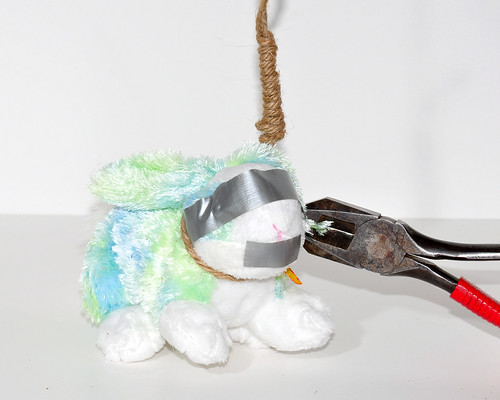The Families of Hostages Are Calling on Israel to Do Something Radical
Hostages #Hostages

Ido Shamriz turned his eulogy for his brother, Alon, into a protest.
Against all odds, Mr. Shamriz said, his brother had survived 70 days of captivity in Gaza and escaped — only to be shot and killed by Israeli soldiers along with two other hostages waving white flags. Those “who abandoned you also murdered you,” Mr. Shamriz said.
In other words, the state failed to protect Alon on Oct. 7 when Hamas attacked Israel and again on Dec. 15, the day he was killed.
The accidental killing of the three hostages by Israeli troops shifted the public mood in Israel from despair and grief to indignation and fury.
The released hostages, their families and the families of those who remain in Gaza have emerged not only as the Israeli government’s loudest critics in its war effort, a symbol of its failure to guard its people, but also as the main pressure group within Israel pushing for a political path to release the remaining hostages, which many of them say Israel cannot solely achieve by fighting.
The hostages who have returned and are gradually telling their stories also represent a unique group of Israelis: those who have been on the receiving end of Israeli airstrikes and thus have a small sense of what Gazans are going through. You can see on some of their faces the trauma and sense of betrayal.
Several released hostages have said that Israeli airstrikes were one of their greatest fears while being held in Gaza. On their return, some warned the cabinet that Israel’s military offensive is endangering the remaining hostages.
We are having trouble retrieving the article content.
Please enable JavaScript in your browser settings.
Thank you for your patience while we verify access. If you are in Reader mode please exit and log into your Times account, or subscribe for all of The Times.
Thank you for your patience while we verify access.
Already a subscriber? Log in.
Want all of The Times? Subscribe.